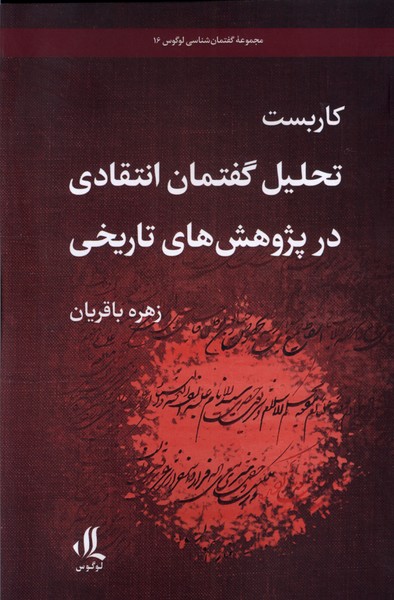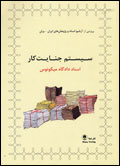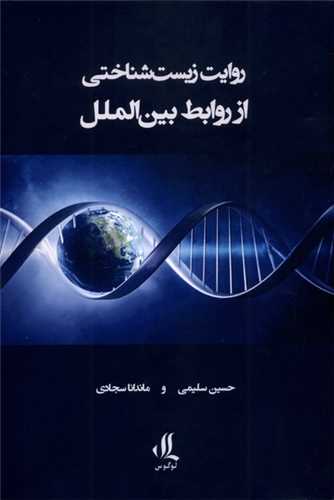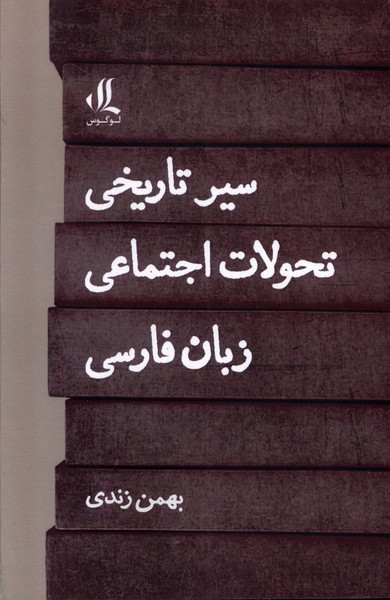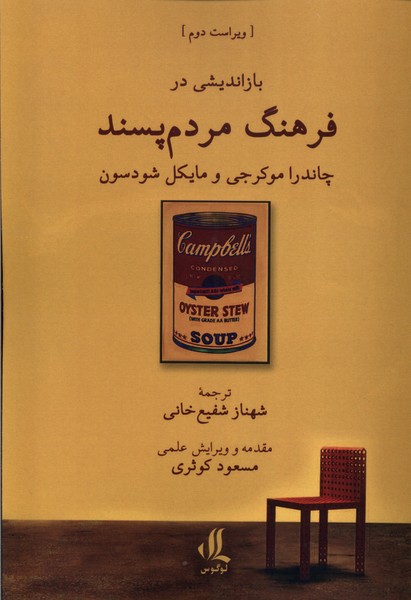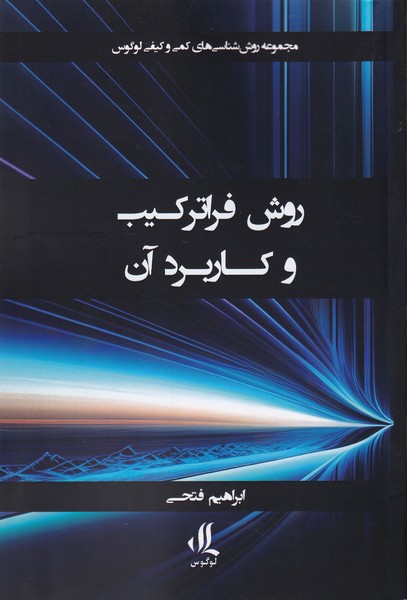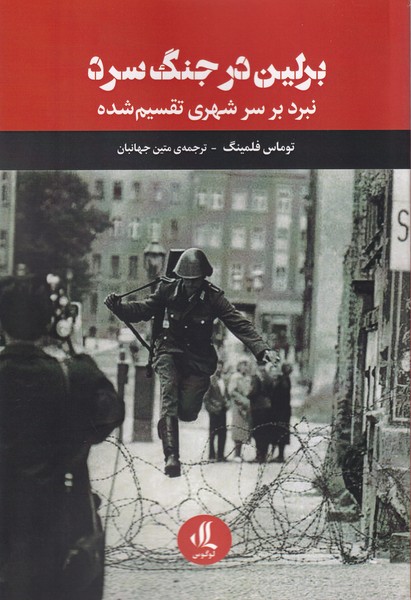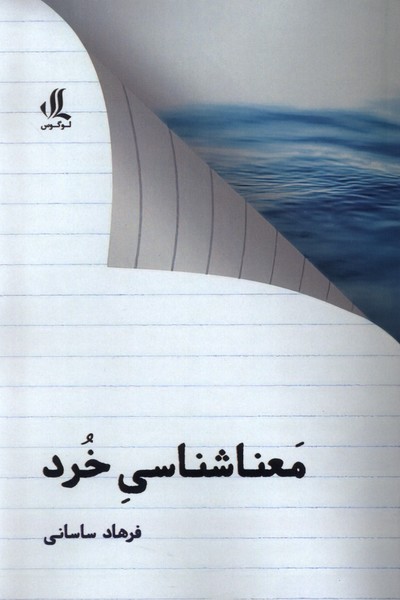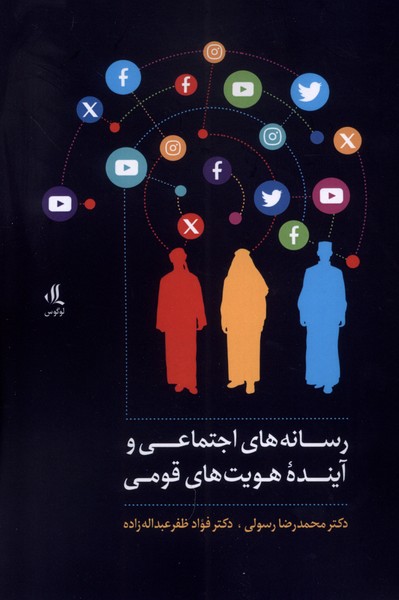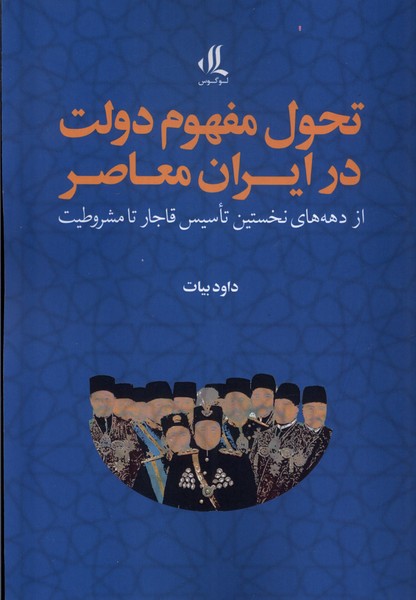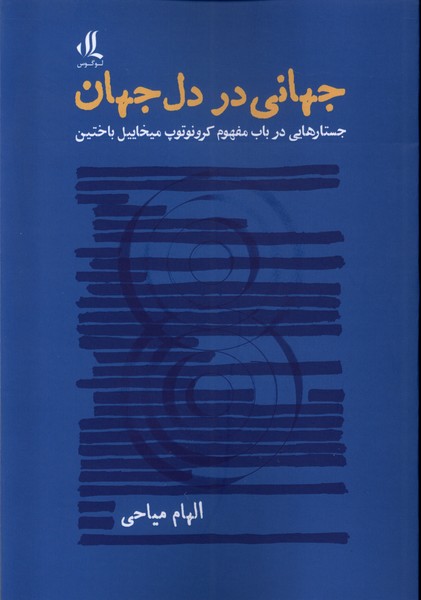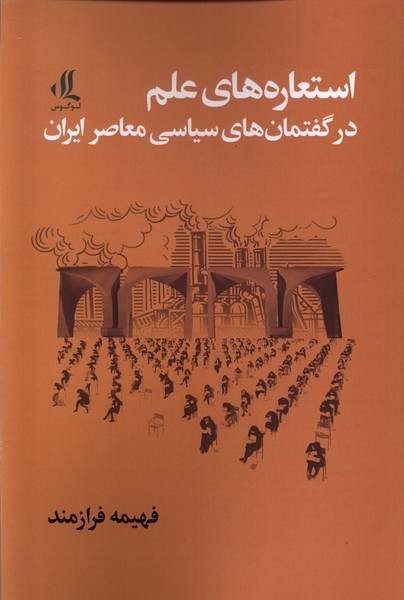کاربست تحلیل گفتمان انتقادی در پژوهش تاریخی الفارسية 1403
Kārbast-i Tahlīl-i Guftimān-i Intiqādī dar Pazhūhish-i Tārīkhī
155 SEK
مشاركة
Wishlist
Discourse analysis claims that language or text is formed in the distance between the individual and the society. In other words, language reflects the realities from the perspective of various ideologies. Therefore, if we look at history from the perspective of discourse theory, history is influenced by the thoughts and ideologies of the historian and society, and it carries different meanings such as linguistic, cultural, political, social and ideological. On the other hand, the main factor in the spread of ideologies in a society and its formalization is also possible from the historian's point of view and with the tool of language because the historian uses language in such a way as to make an idea in the society appear legitimate and the other side illegitimate. Therefore, history and historical narratives can never be free from bias and discourse effects. For this reason, the analysis of discourse in history, both from a linguistic social, and political point of view, is very important to discover the obvious and hidden meanings of the text.
The present book, considering postmodern ideas in historiography and historical research, aims to explain how to use discourse analysis in understanding and recovering historical meanings. After a short look at the field of discourse studies, the history of research types in history is presented, then Fairclough's discourse analysis approach is introduced and its application in historical research is shown with examples.
more
تحلیل گفتمان مدعی است که زبان و یا متن در فاصلۀ میان فرد و جامعه شکل میگیرد. به بیانی دیگر، زبان واقعیتها را از منظر ایدئولوژیهای گوناگون انعکاس میدهد. بنابراین، اگر از منظر گفتمانشناسی به تاریخ بنگریم، تاریخ تحتتأثیر اندیشهها و ایدئولوژیهای مورخ و جامعه قرار دارد و حامـل بارهـای معنایـی ِ مختلفی همچون زبانـی، فرهنگی، سیاسـی، اجتماعی و ایدئولوژیک است. از سوی دیگر، عامل اصلی گسترش ایدئولوژیها در یک جامعه و رسمیت یافتن آن نیز از منظر مورخ و با ابزار زبان امکانپذیر است زیرا مورخ زبان را طوری استفاده میکند که اندیشهای را در اجتماع مشروع و طرف مقابل را نامشروع جلوه دهد. لذا تاریخ و روایتهای تاریخی هرگز نمیتوانند عاری از سوگیری و تأثیرات گفتمانی باشند. بـه همیـن دلیـل، تحلیـل گفتمان در تاریخ، چه از منظر زبانشناسی و چـه از منظـر اجتماعـی و سیاسـی بـرای کشـف معانـی آشـکار و پنهـان از متن اهمیـت فراوانـی دارد.
کتاب حاضر، با مدنظر قرار دادن اندیشههای پستمدرن در تاریخنگاری و پژوهشهای تاریخی، در صدد است چگونگی کاربست تحلیل گفتمان در فهم و بازیابی معانی تاریخی را تشریح کند. بعد از نگاهی کوتاه به حوزۀ مطالعات گفتمانی، تاریخچۀ انواع پژوهش در تاریخ ارائه شده، سپس، رویکرد تحلیل گفتمانی فرکلاف معرفی میشود و با مثالهایی چگونگی کاربست آن در پژوهشهای تاریخی نشان داده میشود.
more

